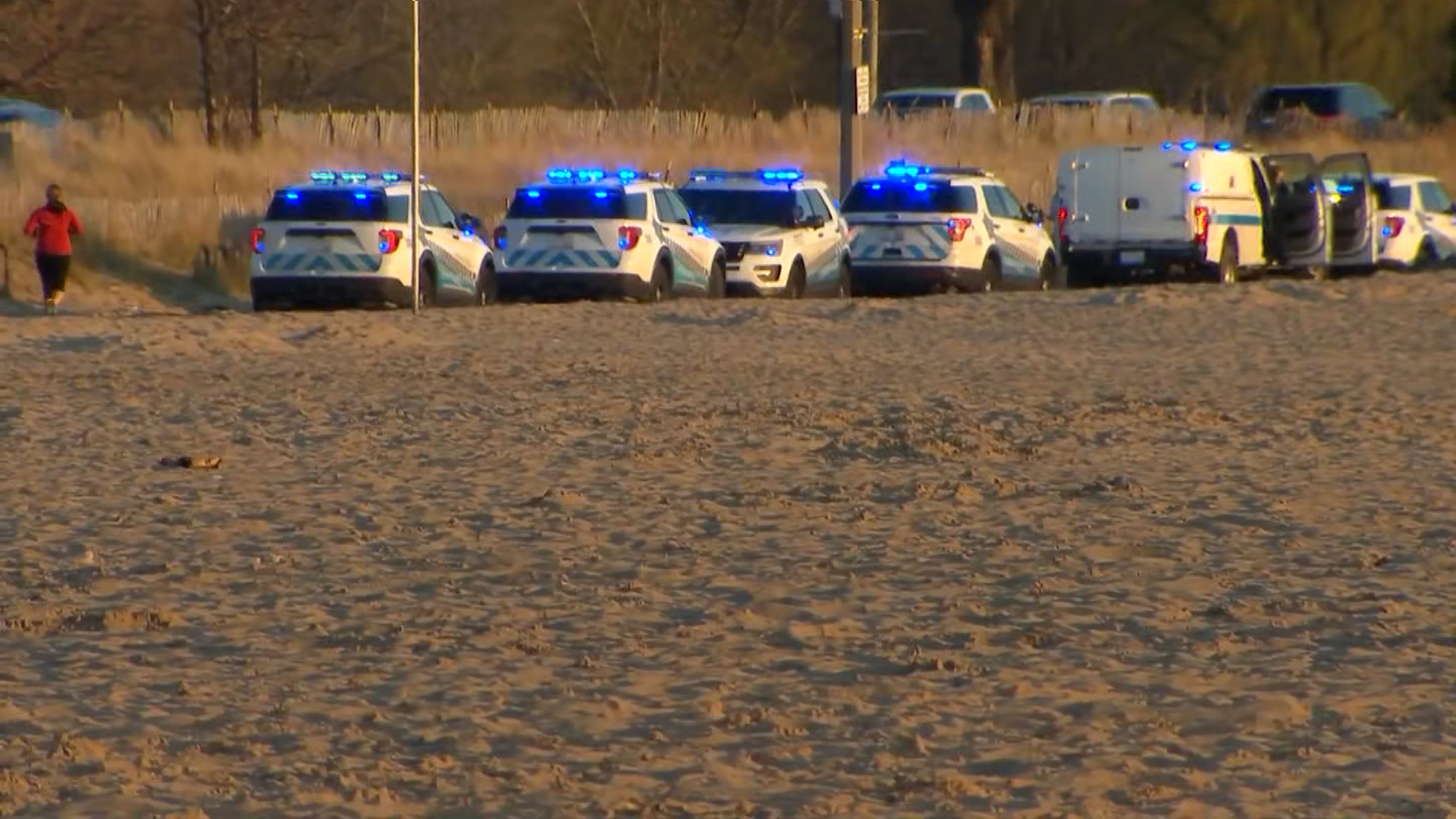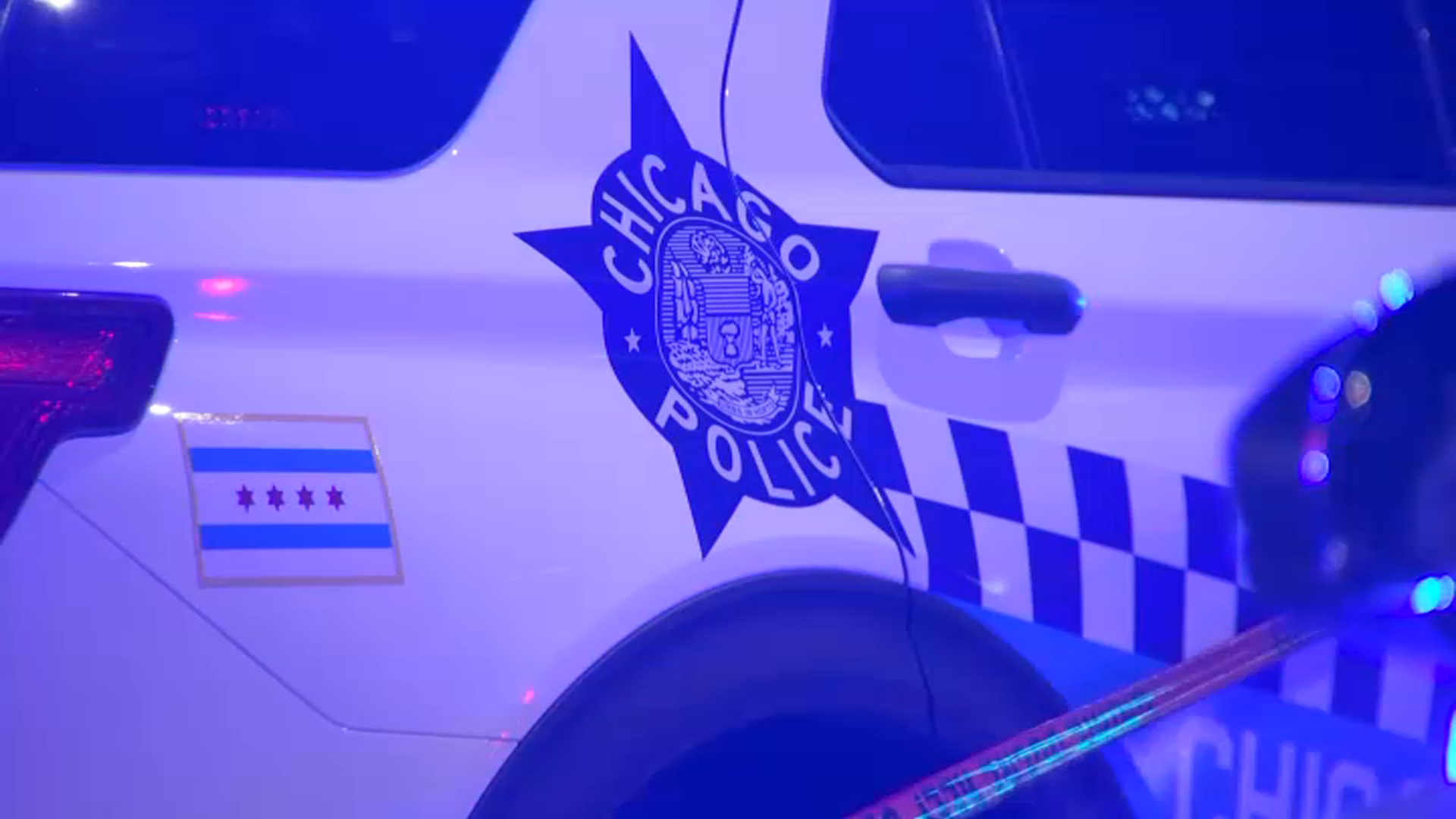Just days before Chicago hosts a global NATO Summit, organizers quickly change the subject when a similar summit in Seattle is mentioned. But protesters and police in Seattle are not shy at all in talking about the 1999 meeting of the World Trade Organization which descended into chaos. And in astonishing ways, the two one-time adversaries are in agreement with what went wrong.
"In short, we thought we were ready," said former Seattle Police Chief Norman Stamper. "We thought we were prepared. And we weren’t."
Stamper’s force was grossly out-manned; just a few hundred officers facing off against tens of thousands of demonstrators on the WTO’s first day. An official city investigation would later describe the city’s preparations as "woefully inadequate."
As morning dawned on that first day, protesters took control of the streets early, shutting off access to the convention hall, and forcing cancellation of the summit’s first session.
"We lost it," Stamper said. "We lost control of our city."
It was a disaster which gave the city a black eye, and eventually led to Stamper’s resignation as chief.
"We underestimated the enormous power of the Internet, in organizing and mobilizing protesters," Stamper said. "It’s a big mistake to underestimate their capacity to plan, prepare, and improvise."
As Seattle police attempted to clear the streets, chaos quickly ensued.
"They were unprepared, just completely unprepared," said Seattle Times reporter Mike Carter, who watched as demonstrators quickly gained the upper hand.
Local
"They were literally directing police, rather than the other way around," he said.
As chaos became the order of that first day, chemical agents were used in an attempt to clear the intersections and open paths for WTO delegates.
"It was very intense," Carter said. "I ended up inside a Starbucks’s, and putting towels beneath the door to keep the gas out."
Stamper now says the decision to use gas was a turning point in the disaster which the WTO would become.
"I made the worst mistake of my career," he said. "We decided to use chemical agents on non-violent and non-threatening demonstrators simply because we felt we needed an intersection cleared."
It wasn’t supposed to be that way. Protesters had met with police, and both sides thought they had secured ground rules for a peaceful event.
"I think we were expecting to be arrested," said John Sellers, president of the Ruckus Society, a protest group which played a prominent role in the WTO demonstrations. "They just unleashed hell on us."
Indeed, as order disintegrated, police famously chased a crowd of demonstrators into the nearby Capitol Hill neighborhood. Local residents who had nothing to do with the protests got caught up in the discord.
"You had people running through these streets with police chasing them, using tear gas, using pepper spray," Carter said. "Innocent people going out to dinner were stopped. They were pepper sprayed. They were beaten. It happened!"
Frantic to restore order, Mayor Paul Schell ordered a curfew imposed on 25 square blocks of downtown. While residents were allowed to enter the zone, protests were forbidden. Critics quickly labeled the plan a "no-free-speech zone," and its imposition only aggravated the situation further.
"The WTO was a first-of-its-kind, harbinger event that nobody had ever seen," argued James Pugel, who was incident commander for the Seattle Police. He argues that as so called "black bloc" demonstrators showed up who had nothing to do with the cause at hand, it caused a mob mentality to set in.
"A crowd will take on a personality where otherwise people would never behave," he said.
An independent review panel would later find that the city of Seattle "failed its citizens, through careless and naive planning, poor communications of its plans and procedures, confused and indecisive police leadership, and imposition of civil emergency measures in questionable ways."
"As authorities lost control of the streets, they resorted to methods that sometimes compromised the civil rights of citizens and often provoked further disturbance," the report stated. "Demonstrators were attacked without warning, or cause."
Police in Chicago insist they have studied and taken to heart the lessons not only of Seattle, but also the G20 meetings in Pittsburgh, and Toronto. Police Supt. Garry McCarthy said he has no plans to use tear gas, and that he firmly believes the weekend NATO Summit in Chicago will be a peaceful affair.
Stamper’s advice?
"Assume the worst. Prepare for the worst," he said. "I do not believe for a minute that police will riot. I do believe that there is the potential for clashes between police and demonstrators."



